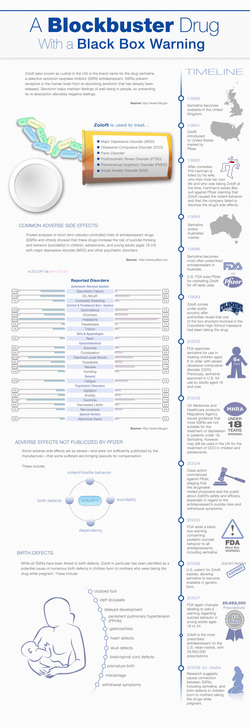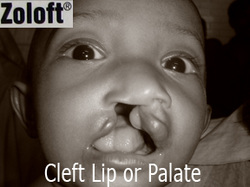
Emotional Intelligence -- EI for short -- refers to the ability of a person to control and evaluate his emotions on different situations. There are numerous theories regarding the development of the EI. Some say it is learned as the person grows up. There are tests that would help in learning more about one’s EI and strengthening it. Gauging the strength and weakness of the child would help in learning where to improve and where to strengthen.
There are many theories regarding emotional stability and how to develop it. John D. Mayer from the University of New Hampshire and Peter Salovey of Yale University has worked out his own hypothesis based on how a person uses his or her abilities in dealing with emotions.
Salovey and his team have proposed four basic abilities that a person may have:
Several tests are given to determine one’s emotional quotient. These tests may be given to gauge the child’s emotional development. Experts believe that every parent has a significant role to play and they have the responsibility of teaching their child how to handle their feelings. Parents may teach their child through showing them how they effectively handle themselves in stressful situations. As the child development starts as early as infancy, several experts pointed out that the child may identify basic emotions such as happiness, anger or sadness. The physical responses of the child may signify their reaction to a person or situation. Growing up, they would be able to identify more and become aware of it.
A child who is raised in a family without feeling any love may grow up to be depressed or cold-hearted. That is why some children start using antidepressants as early as 13 because of depression and other mental illnesses. The information on the use of Zoloft and other selective serotonin reuptake inhibitors are found at http://www.zoloftsertralinebirthdefects.com.
URL References:
emotionaliq.org/EI.htm
positivepsychology.org.uk/pp-theory/positive-emotions/58-emotional-intelligence.html
psychology.about.com/od/personalitydevelopment/a/emotionalintell.htm
kellybear.com/teacherarticles/TeacherTip26.html
There are many theories regarding emotional stability and how to develop it. John D. Mayer from the University of New Hampshire and Peter Salovey of Yale University has worked out his own hypothesis based on how a person uses his or her abilities in dealing with emotions.
Salovey and his team have proposed four basic abilities that a person may have:
- Perception, identification and expression of emotion – This pertains the ability to know what kind of emotion they would feel for a certain situation. The object or person is important.
- Emotional facilitation of thought – This ability connects emotions to different mental facilities. Emotions are generated and then the brain reasons with it.
- Understanding of Emotions – This involves the capability of the person to comprehend the language that emotions use. The complications of how each emotion seems to be connected to one another.
- Management of Emotions – The ability to take conscious effort in controlling emotions and making a positive outcome through it. Various test and challenges in life may help one know to manage their emotions.
Several tests are given to determine one’s emotional quotient. These tests may be given to gauge the child’s emotional development. Experts believe that every parent has a significant role to play and they have the responsibility of teaching their child how to handle their feelings. Parents may teach their child through showing them how they effectively handle themselves in stressful situations. As the child development starts as early as infancy, several experts pointed out that the child may identify basic emotions such as happiness, anger or sadness. The physical responses of the child may signify their reaction to a person or situation. Growing up, they would be able to identify more and become aware of it.
A child who is raised in a family without feeling any love may grow up to be depressed or cold-hearted. That is why some children start using antidepressants as early as 13 because of depression and other mental illnesses. The information on the use of Zoloft and other selective serotonin reuptake inhibitors are found at http://www.zoloftsertralinebirthdefects.com.
URL References:
emotionaliq.org/EI.htm
positivepsychology.org.uk/pp-theory/positive-emotions/58-emotional-intelligence.html
psychology.about.com/od/personalitydevelopment/a/emotionalintell.htm
kellybear.com/teacherarticles/TeacherTip26.html



 RSS Feed
RSS Feed